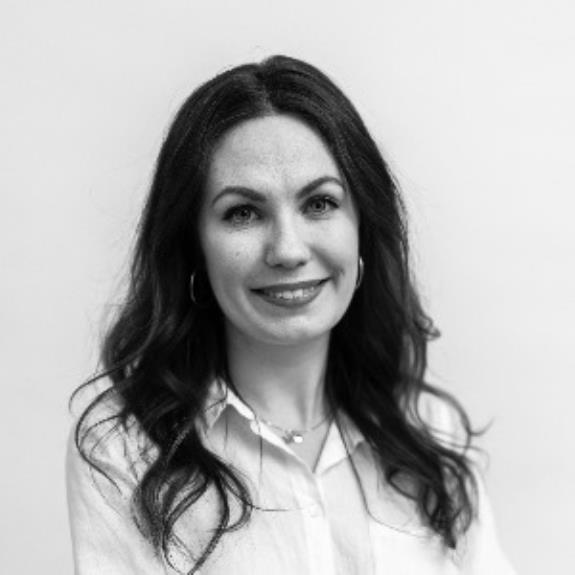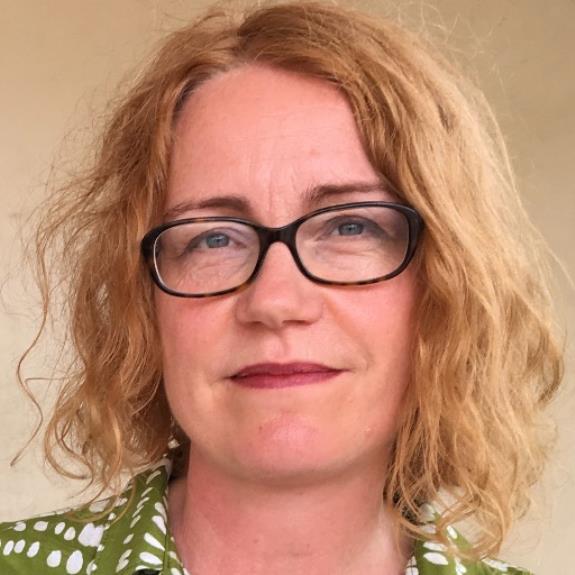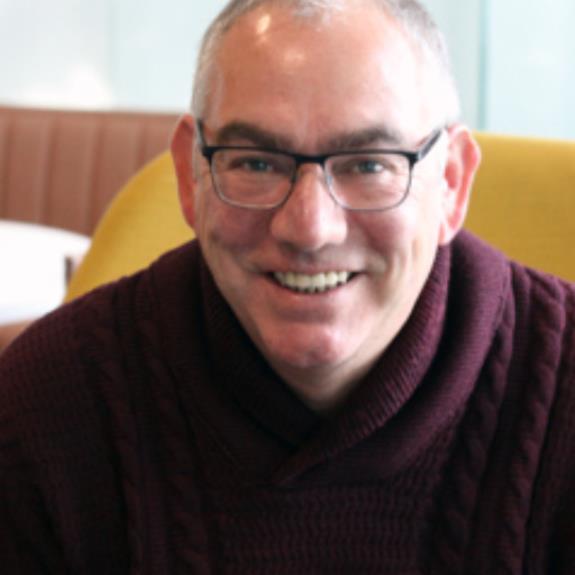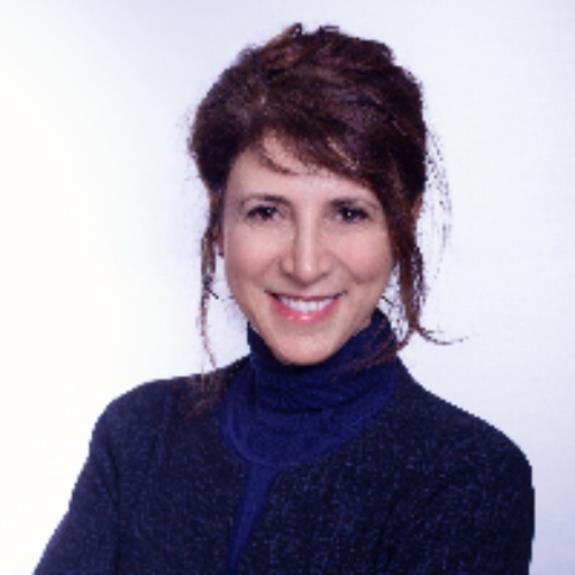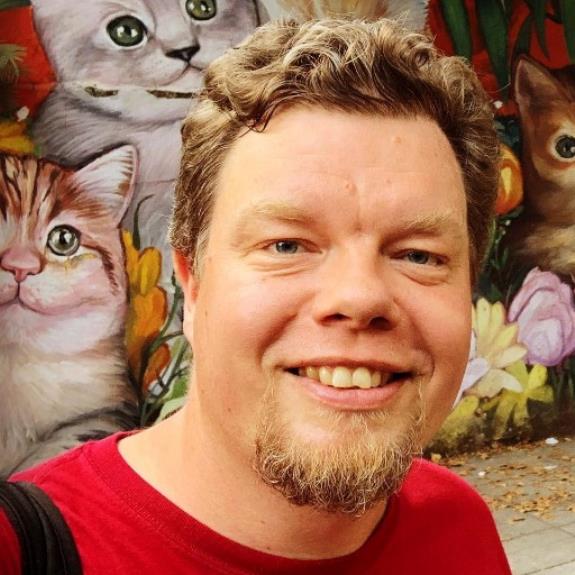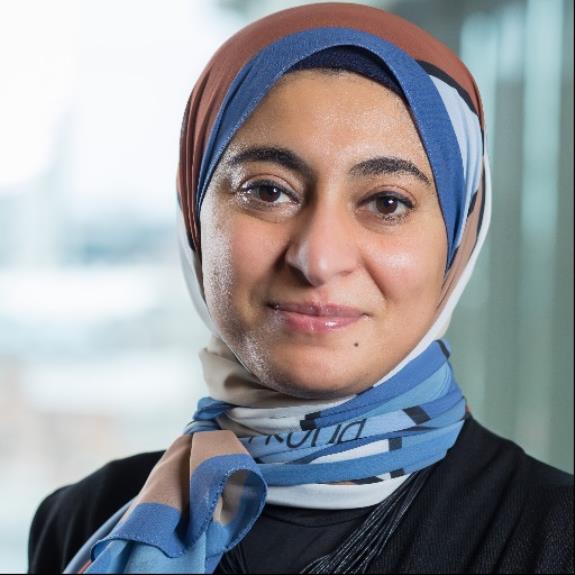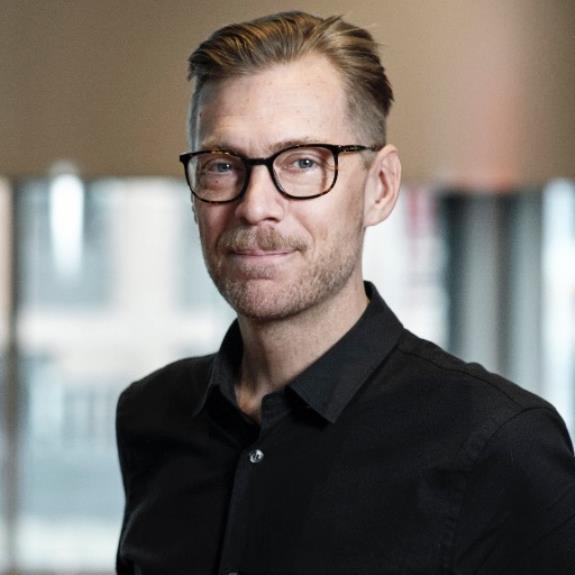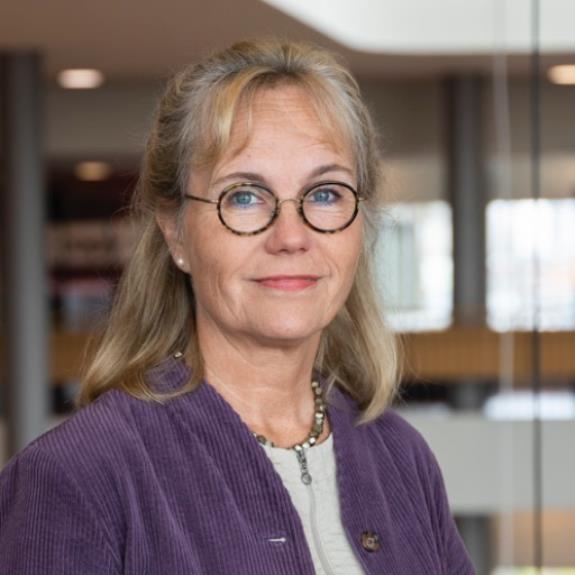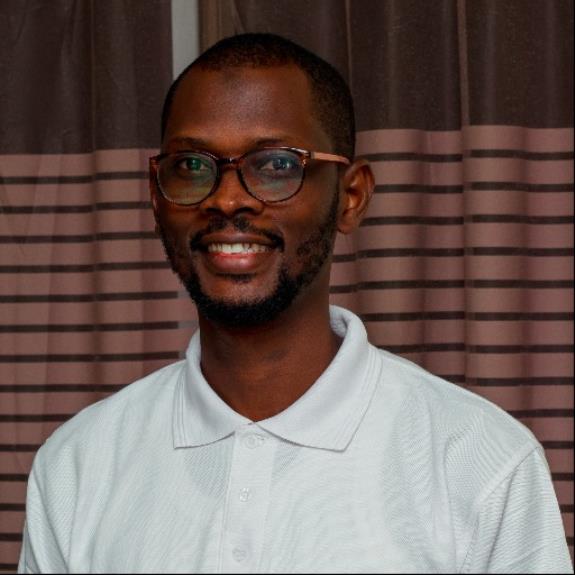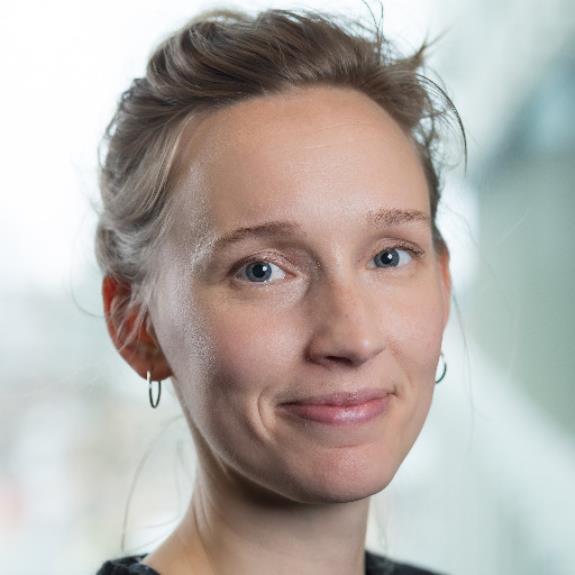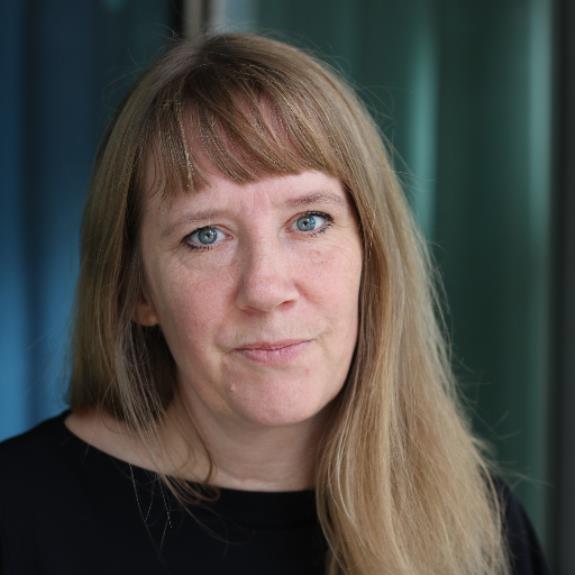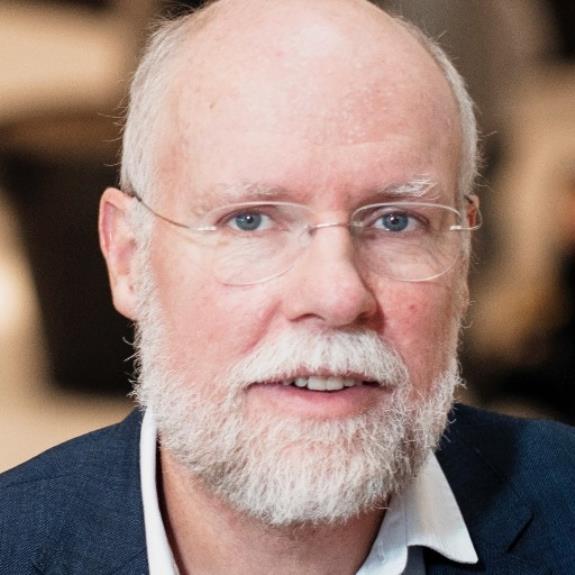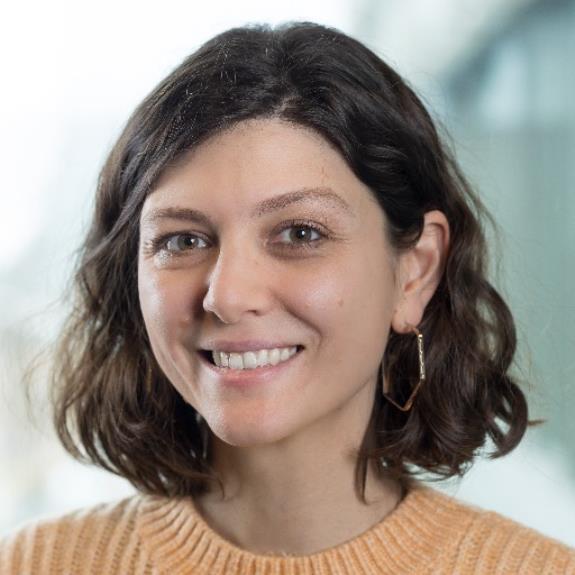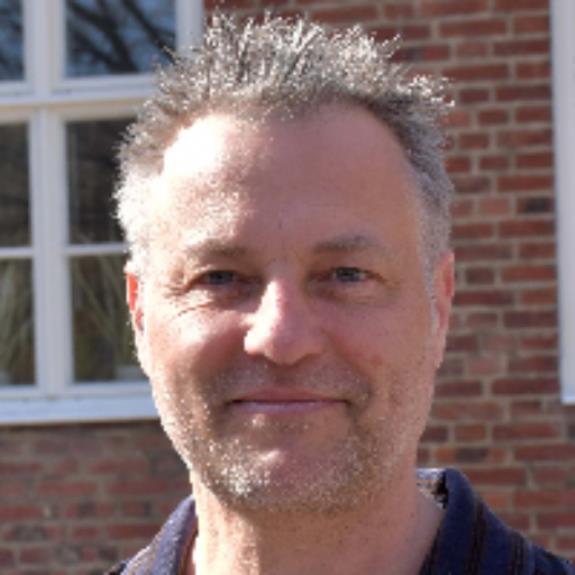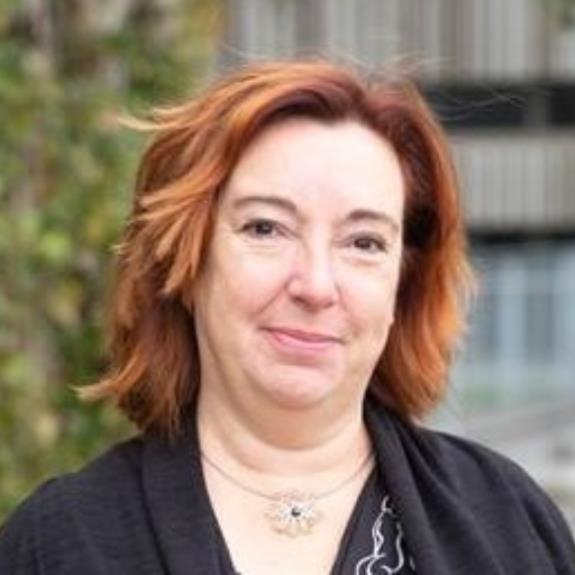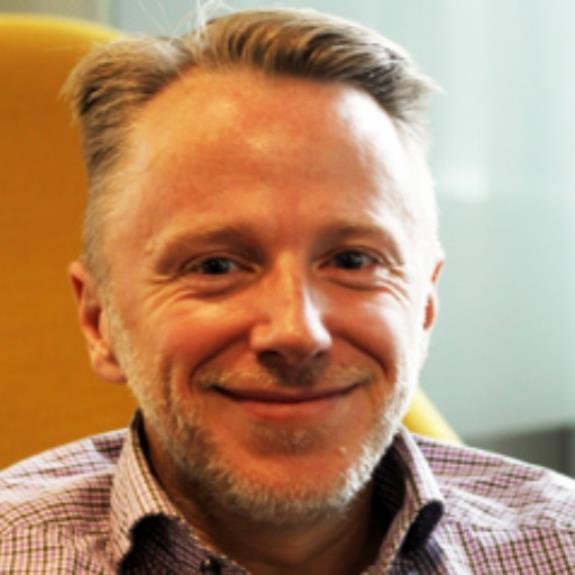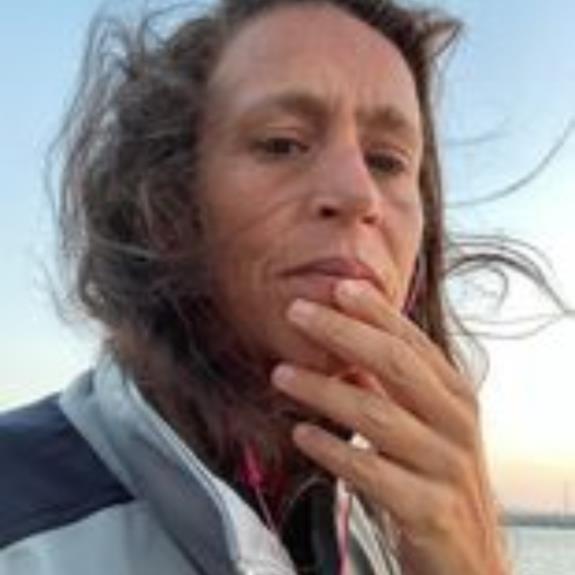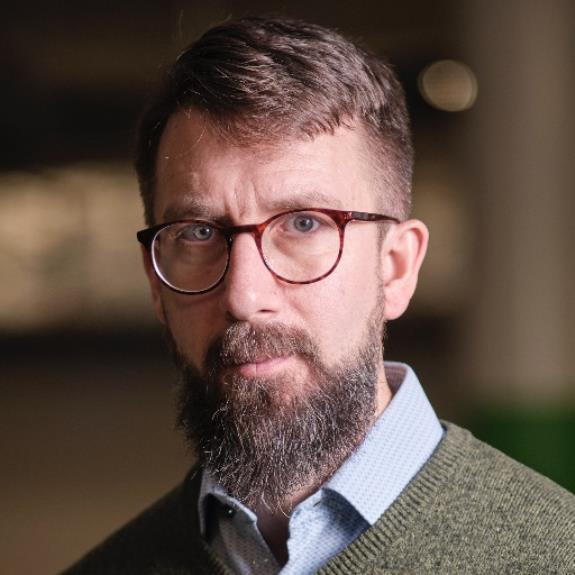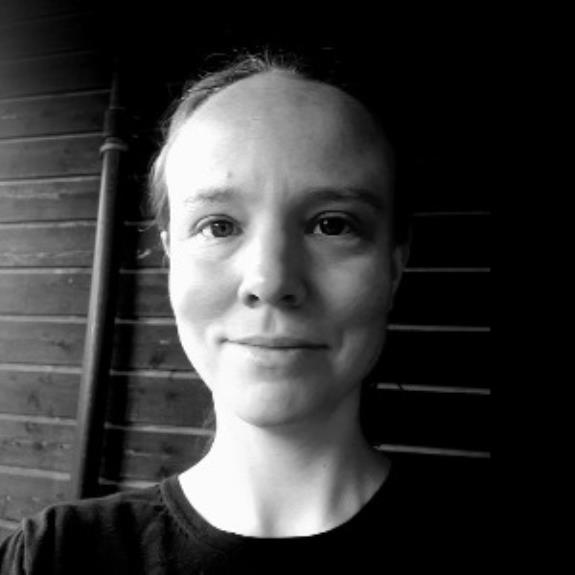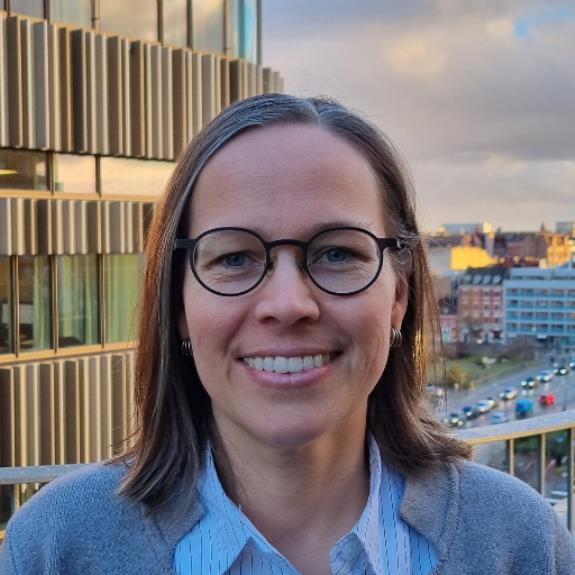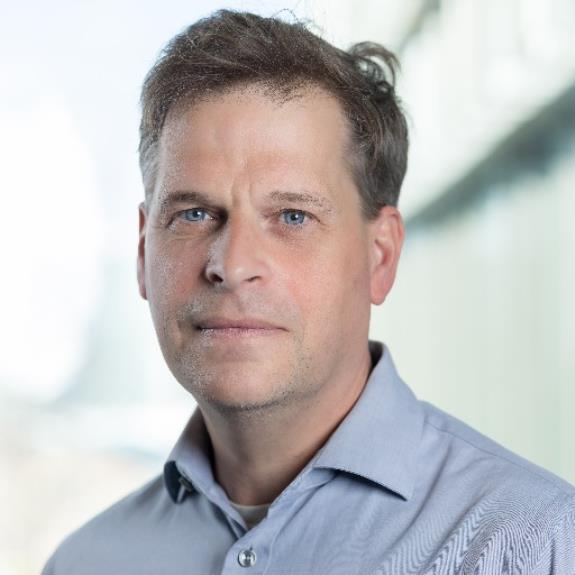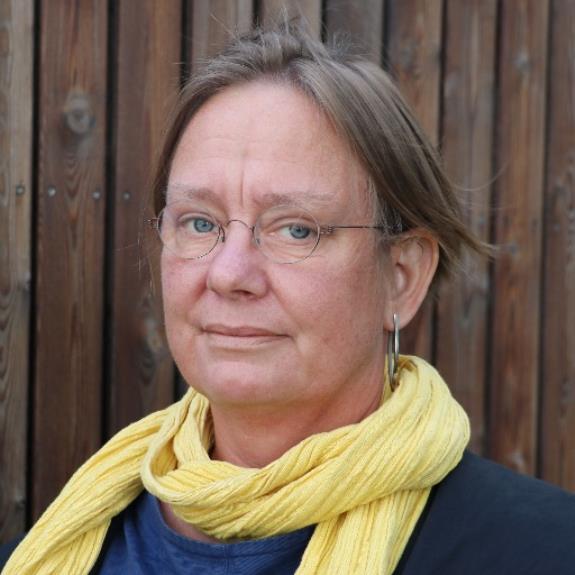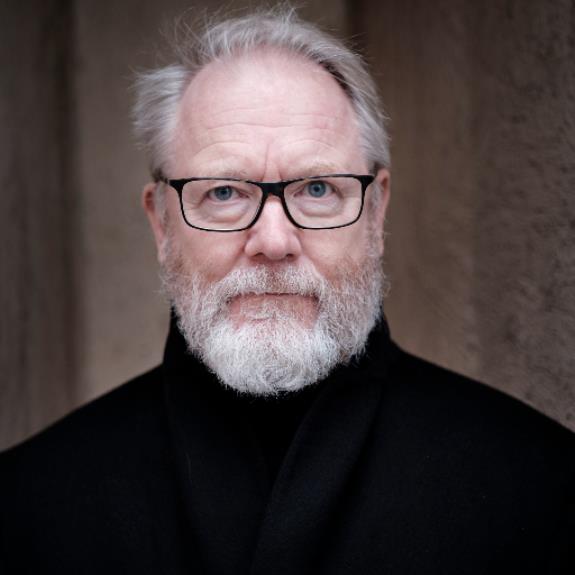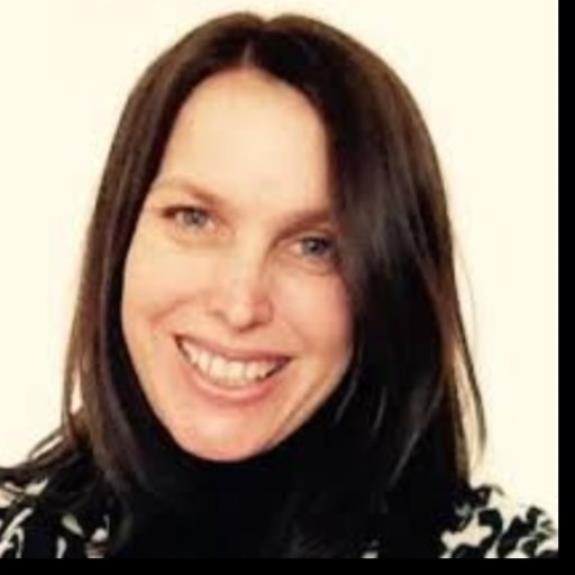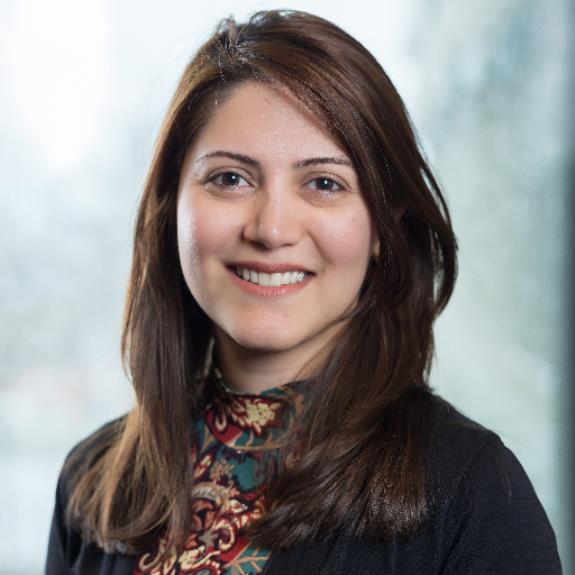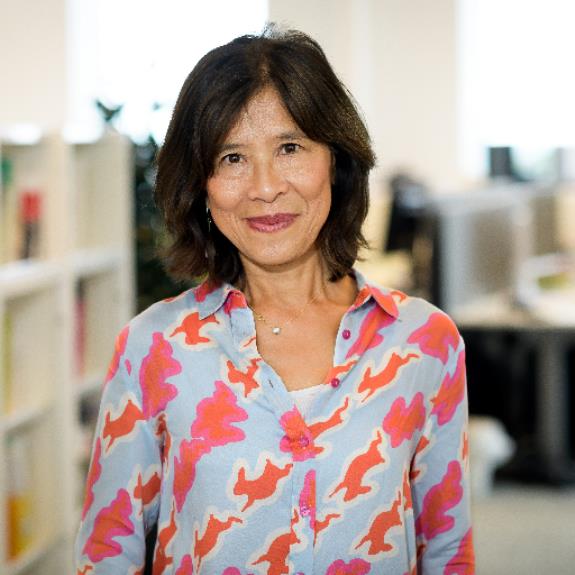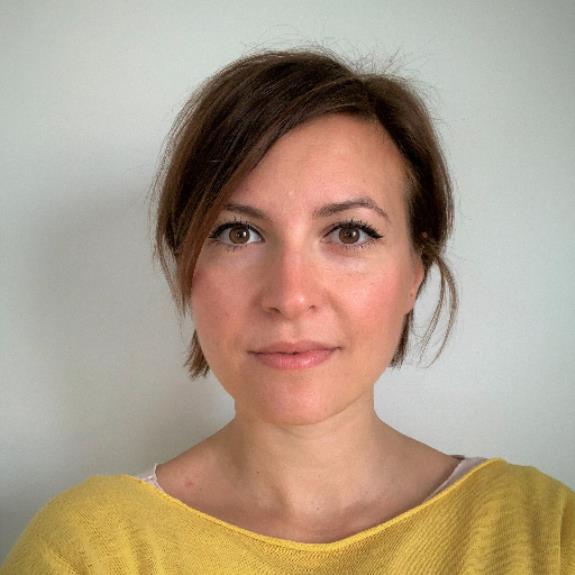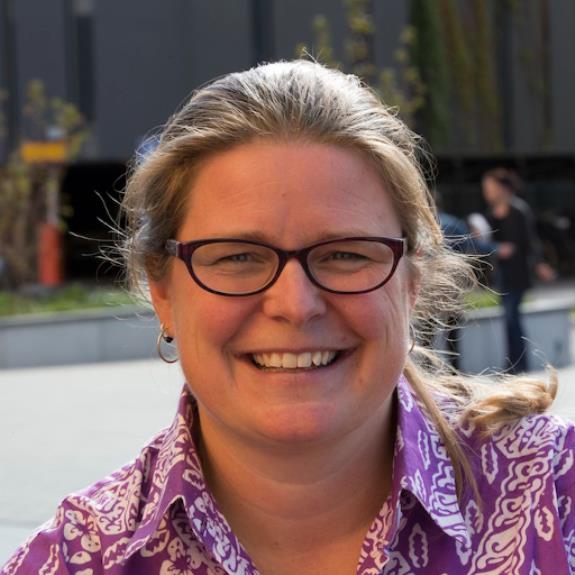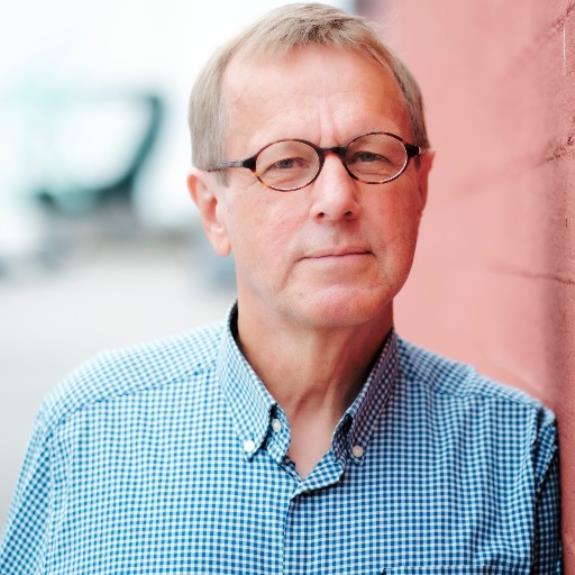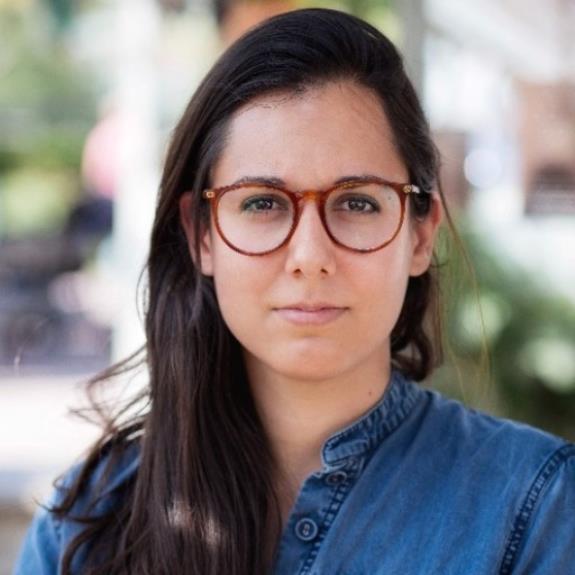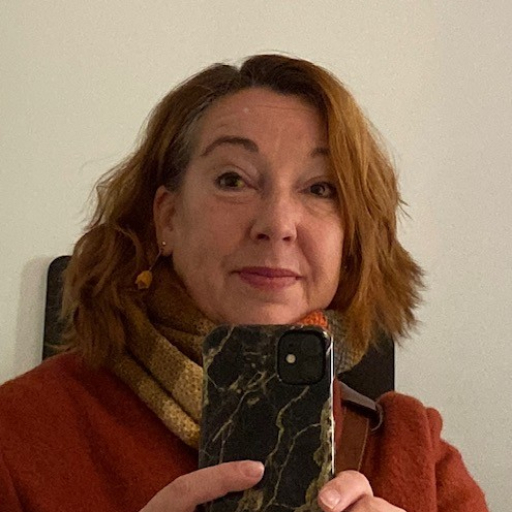We use cookies on this website. Cookies help us deliver the best experience on our website. Read about cookies.
-
- Education
- Education
- Programmes and courses
- Applications and admissions
- Tuition fees
- Scholarships
- Exchange studies at Malmö University
- Study Guidance
-
- After admission
- After admission
- Moving to Malmö
- Pre-orientation
- Arrival guide
-
- About studies at Malmö University
- About studies at Malmö University
- Why choose Malmö University
- Understanding university studies
- Connect with our students
On the page -
- Research
- Research
-
- Doctoral studies
- Doctoral studies
- Doctoral courses
-
- Doctoral schools
- Doctoral schools
- Adaptation of urban space through sustainable regeneration
- ComBine
- Culturally Empowering Education through Language and Literature
- Education, Learning and Globalisation
- Finding ways in a time of great future challenges (FinnFram)
- Swedish National Graduate School in Science and Technology Education Research
- Learning in Multicultural Societal Contexts
- Pedagogy and Vocational Skills
- Relevancing Mathematics and Science Education (RelMaS)
- Sustainable Movement Education
- The National Research School for Professionals in Social Services
- Research subjects
-
- Research centres
- Research centres
- Biofilms Research Centre for Biointerfaces
- Citizen Health
- Imagining and Co-Creating Futures
- Institute for Urban Research
- Malmö Institute for Migration Studies
- Literacy and Inclusive Teaching
- Centre for Work Life Studies
- Sustainable Digitalisation Research Centre
- Centre for Sexology and Sexuality Studies
-
- Research publications
- Research publications
- Search for research publications in Diva
- Malmö University Press
- Research events
- Participate in a research study
- Coffee Break Quiz
On the page -
- Collaboration and Innovation
- Collaboration and Innovation
-
- Levels of collaboration
- Levels of collaboration
-
- Local collaboration
- Local collaboration
- Muvah
- Regional collaboration
- National collaboration
-
- International collaboration
- International collaboration
- UNIC
- Innovation
- Collaboration with students
-
- Collaborate with researchers
- Collaborate with researchers
- Labs and facilities
- Culture collaboration
- Support Malmö University
- Alumni & Friends
On the page -
- About us
- About us
-
- Faculties and departments
- Faculties and departments
-
- Faculty of Culture and Society
- Faculty of Culture and Society
- Department of Global Political Studies
- School of Arts and Communication
- Department of Urban Studies
-
- Faculty of Education and Society
- Faculty of Education and Society
- Department of Childhood, Education and Society
- Department of Sports Sciences
- Department of Culture, Languages and Media
- Department of Natural Science, Mathematics and Society
- Department of Society, Culture and Identity
- Department of School Development and Leadership
- The Centre for Teaching and Learning (CAKL)
-
- Faculty of Technology and Society
- Faculty of Technology and Society
- Department of Computer Science and Media Technology
- Department of Materials Science and Applied Mathematics
- Faculty of Odontology
- University Dental Clinic
-
- Find and contact Malmö University
- Find and contact Malmö University
- Visit Malmö University
-
- News and press
- News and press
- Graphic manual
- Map of the buildings (Google Maps)
- Merchandise
- Supplier information and invoice management
- Whistleblowing
- We will help you with your questions
- Management and decision-making paths
-
- Malmö University's strategy 2030
- Malmö University's strategy 2030
- Sustainability
- Widened recruitment and participation
- Quality assurance work at the University
-
- Malmö Academic Choir and Orchestra
- Malmö Academic Choir and Orchestra
- Student work – video pieces
-
- Annual Academic Celebration
- Annual Academic Celebration
- Academic traditions
- Meet our new professors
- Meet our new doctors
- Honorary doctors
-
- The University in a troubled world
- The University in a troubled world
- Campus total defence
On the page
Institute for Urban Research
Urban Research
The Institute for Urban Research is a university-wide interdisciplinary research centre that brings together all urban research at Malmö University.
We want to be relevant, not only to academia, but to society at large, to meet contemporary challenges of different kinds – spatial, social, economic, environmental and cultural.
Carina Listerborn, Director
Subscribe for updates
Explore our research in more depth
Learn more about the institute and our research.
Newsletter: previous issues
2026
2025
Our research
IUR brings together knowledge from various disciplines to propose possible solutions to urban societal challenges. IUR engages with citizens, civil society, private actors and public authorities to communicate our research results and find ways to implement solutions.
Four themes
The research at IUR is organised into four themes,
- Housing and welfare,
- Green and just cities,
- Global urbanism and
- Urban humanities. We want to contribute to creating a people’s urban studies.
About
The Institute for Urban Research (IUR) aims to be an internationally leading centre for research on urban justice. IUR started as a university-funded research program in 2019 and has received renewed funding from Malmö University in 2025 to prolong its activities. Urban research at Malmö University builds upon of long-term strategic work to establish urban studies as a prominent research field in Sweden, through activities such as establishing the first research education in Urban Studies in Sweden (2012) and through several strong research environments on urban issues.
-
 Research project
Research projectHow do we house our welfare? Mapping and conceptualizing privatization and re-municipalization of community service properties in Sweden
jennie.gustafsson@mau.se -
 Research project
Research projectWelfare for sale: privatization and re-municipalization of community service properties
jennie.gustafsson@mau.se -
 Research project
Research projectMoving Memories
adam.lundberg@mau.se -
 Research project
Research projectNovo Nordisk’s Swedish history
pal.brunnstrom@mau.se -
 Research project
Research projectThe Anthropocene City: multispecies stories of climate challenges in the Öresund region
mathilda.rosengren@mau.se -
 Research project
Research projectIn the gray space(s) of housing provision. Exploring formal/informal hybridity in contexts of the Green Transition.
mikaela.herbert@mau.se -
 Research project
Research projectLLM-assisted travel behavior analysis for eldery mobility: New approach for decision support
arezoo.sarkheyli-haegele@mau.se -
 Research project
Research projectSpaces of Reparative Memory
adam.lundberg@mau.se -
 Research project
Research projectMalmö's first textile entrepreneurs – the history of the origin and development of the cotton textile industry in Malmö
pal.brunnstrom@mau.se -
 Research project
Research projectIn the gray space(s) of housing provision. Studies of informal practices in two Swedish contexts.
-
 Research project
Research projectInternational Collaboration for Climate Change Action at the frontlines
josepha.wessels@mau.se -
 Research project
Research project"Ghetto Uber" in Detroit: A transdisciplinary approach to studying community-led transport solutions in unequal cities
stephen.marr@mau.se -
 Research project
Research projectHousing as a digitalized service
guy.baeten@mau.se -
 Research project
Research projectThe History of Malmö Muslims until 1990
pal.brunnstrom@mau.se -
 Research project
Research projectMunicipal governance and changing local rental markets: medium-sized municipalities’ strategies when meeting residential property investors
jennie.gustafsson@mau.se -
 Research project
Research projectExploring Citizen Satisfaction with Public Transportation through Social Media and Open Text Surveys
elnaz.sarkheyli@mau.se -
 Research project
Research projectThe Emergence of Municipal-Led Green Financialization of Urban Development in Sweden: An Inquiry of a New Form of Urban Entrepreneurialism
lina.olsson@mau.se -
 Research project
Research projectThe Scania enigma and geographies of solidarity: Place identities in the shadow of growing ethno-nationalism
pal.brunnstrom@mau.se -
 Research project
Research projectRevisiting Allmänningar & Stråk. Spatial Justice in the 21st Century Urban-Rural Land Regime
k.grundstrom@mau.se -
 Research project
Research projectRefugee Migration and Cities: Social Institutions, Political Governance and Integration in Jordan, Turkey and Sweden (SIPGI)
josepha.wessels@mau.se
-
2026 | Article in journal
The trajectories of Europe's two largest landlords: a comparative case study of transnational investment practices
Marie Urfels, Martin Grander
-
2026 | Report
Intersektionella perspektiv på (o)jämlika livsvillkor
Carina Listerborn, Hannah Persson
-
2026 | Article in journal
Learning from Decline: The African Copperbelt, Detroit, and the Value of Unexpected Comparisons
Stephen Marr
-
2026 | Article in journal
"I care about transport sustainability, but i have children": Open-text surveys highlight the concerns of families with children
Elnaz Sarkheyli, Azadeh Sarkheyli
-
2026 | Article in journal
The game of rental housing financialization: Institutional investors in the Swedish housing system
Defne Kadıoğlu Polat, Carina Listerborn
-
2025 | Report
Att sätta pris på vatten
Per Hillbur, Anna Thomasson
-
2025 | Report
Ekonomiskt stöd till ensamstående föräldrar: En litteraturöversikt med nedslag i Finland, Norge och Danmark
Henrika Kangas
-
2025 | Chapter in book
Memory Work across Difference
Robert Nilsson Mohammadi, Sima Nurali Wolgast, Francesca Cerri
-
2025 | Collection (editor)
Issue: Entering Urban Humanities
Robert Nilsson Mohammadi
-
2025 | Chapter in book
Stadens revor, giftet i samhällskroppen
Martin Grander
Urban Matters
Urban Matters, a popular science journal published by IUR, publishes urban research articles and commentaries on urban events, processes, trends and discussions of urban pasts and futures. It also publishes interviews with urban experts and artists, photo essays and book reviews. The Editorial Board encourages combining academic rigueur with journalistic flair to present quality analyses of urban matters to a broader public that includes communities beyond academia.
Researchers
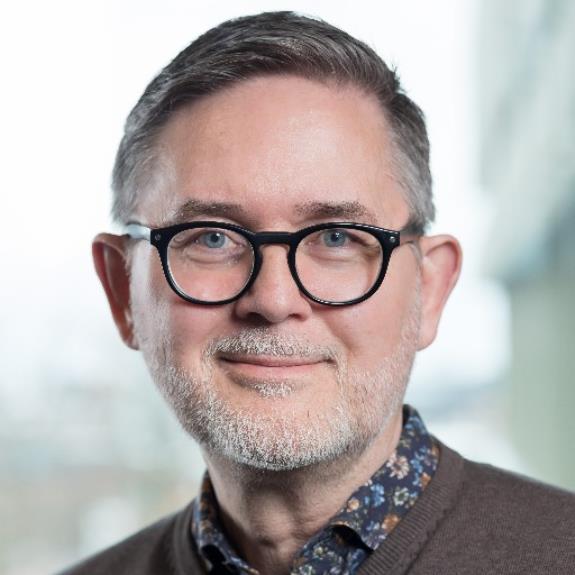
Jonas Alwall
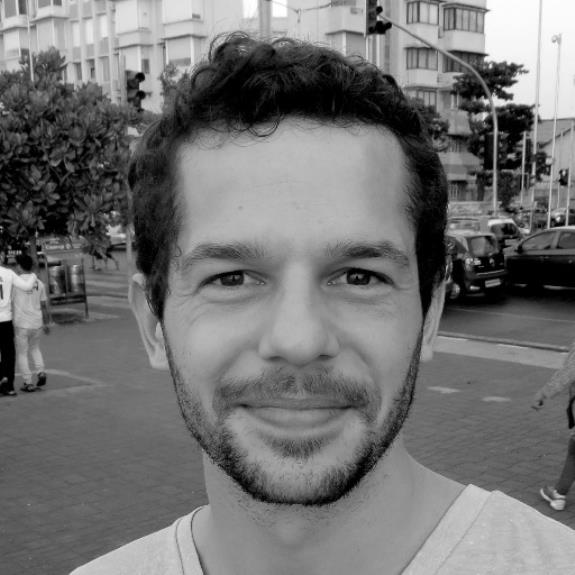
Chad Boda
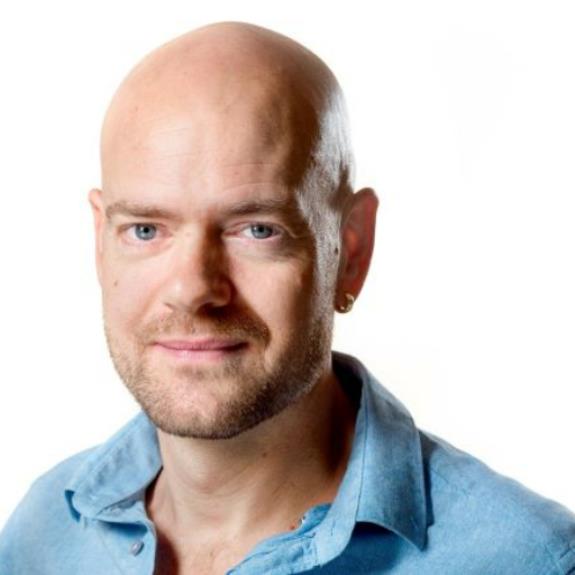
Ulrik Omar Sebastian Kohl
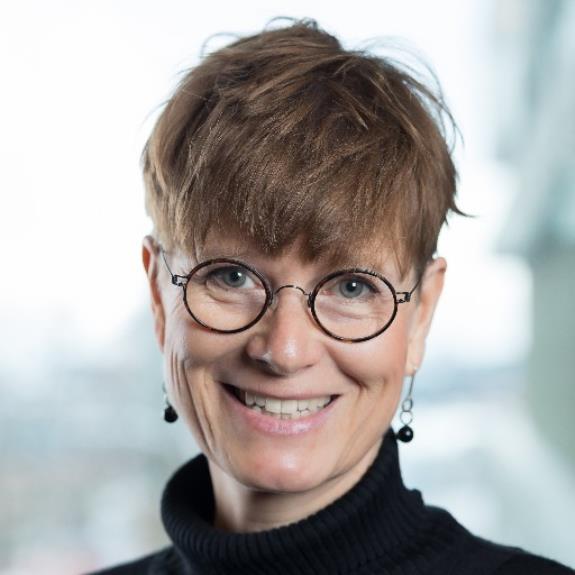
Christina Lindkvist
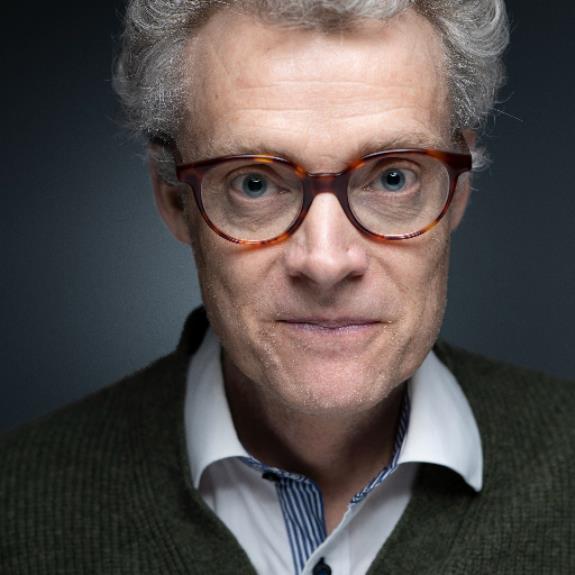
Anders Melin
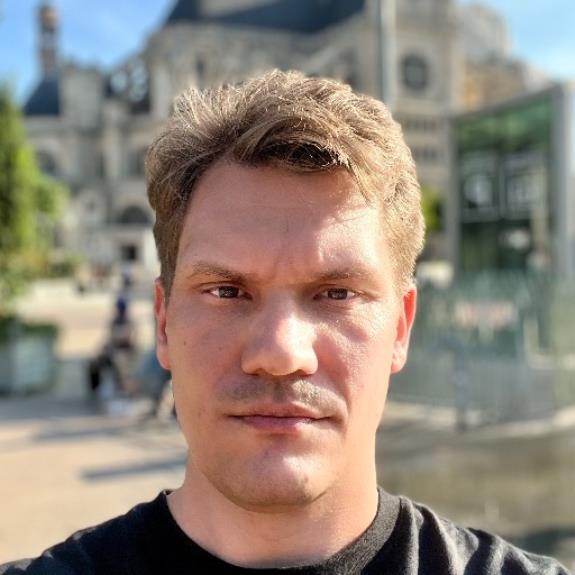
Robert Nilsson Mohammadi
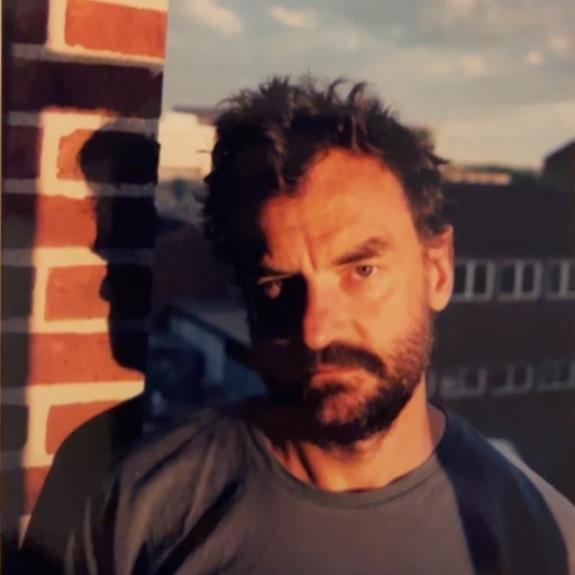
Mikkel Thelle
-
-
-
Rebecka Söderberg
Doktor i internationell migration och etniska relationer
rebecka.soderberg@mau.seRoskilde universitet



